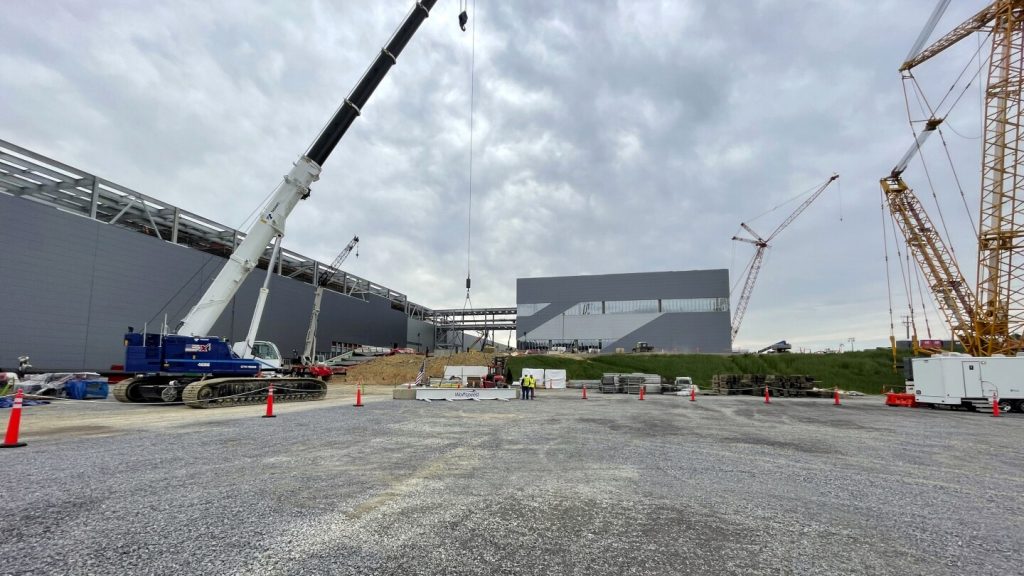In Chatham County, North Carolina, a rural area with a population of just 81,000, the promise of economic growth is starting to take shape. Biden’s incentives have attracted new investments, such as the Wolfspeed factory and an upcoming Vinfast factory, to the area. These developments are part of a larger trend in critical battleground states like Arizona and Georgia, where Biden’s economic policies are making an impact. However, despite these positive developments, polling data suggests that Americans are still concerned about inflation climbing at 3.4% annually, which may affect how voters perceive Biden’s economic performance.
The 2024 presidential campaign offers two conflicting visions for America’s economic future, with Trump advocating for tax cuts and Biden promoting targeted government investments. Chatham County, which supported Biden in the 2020 election, is located in a Republican congressional district represented by Rep. Richard Hudson. The impact of federal and private sector investments on the political dynamics in North Carolina and beyond will play a significant role in determining the outcome of the upcoming presidential election.
Biden’s campaign highlights how his policies have boosted private and federal investments in companies, particularly in the manufacturing sector. The new Wolfspeed factory, set to start production by the end of the year, is a key example of this. Biden’s Inflation Reduction Act and the CHIPS and Science Act are providing support for companies like Wolfspeed to enhance the efficiency of computer chips and drive technological advancements in areas like electric vehicles and renewable energy. Despite Biden’s efforts, Trump remains critical of his opponent’s economic policies and advocates for corporate tax cuts instead.
While the investments in manufacturing are showing positive results, there are still risks associated with Biden’s industrial strategy. The potential scaling down of Vinfast’s EV plant and the need for breakthroughs in chip production costs highlight the uncertainties in the sector. Some Republicans acknowledge the benefits of certain aspects of Biden’s policies, such as funding for semiconductor plants, but stress the importance of a balanced approach that includes tax cuts. Sen. Thom Tillis emphasizes the need for a mix of government support and tax incentives to attract new factories and drive economic growth.
Overall, the economic landscape in Chatham County and beyond reflects the broader national debate over economic priorities and strategies. Democrats like County Commissioner Karen Howard point to the tangible benefits of investments and job creation, while Republicans emphasize lower taxes and reduced government intervention as key drivers of economic growth. The outcome of the 2024 presidential election will depend on how voters perceive these competing narratives and the impact of economic policies on their lives. Ultimately, the developments in Chatham County serve as a microcosm of the larger economic challenges and opportunities facing the country.


